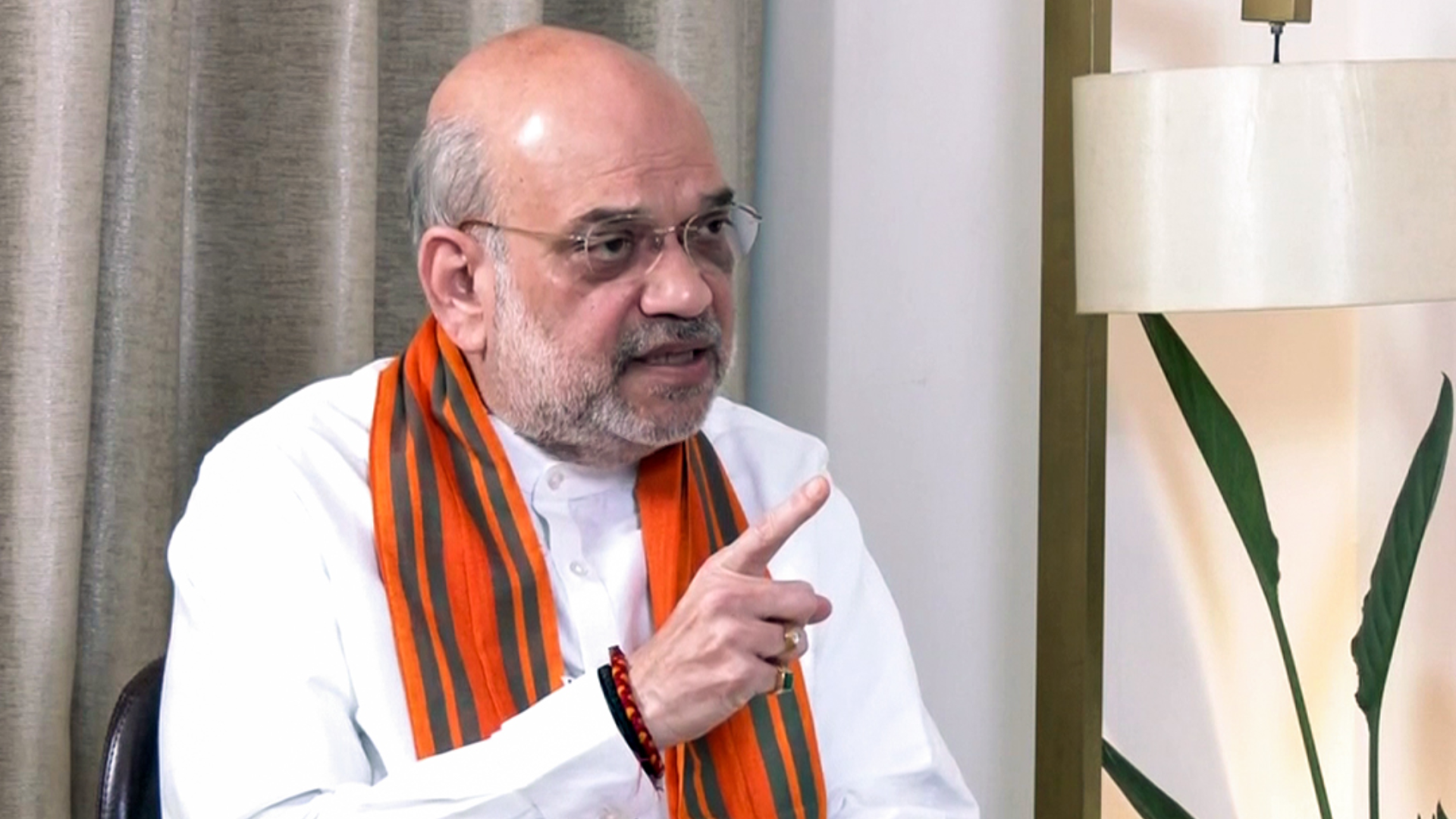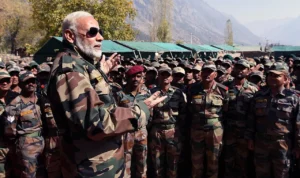Union Home Minister Amit Shah has hailed the significant rise in voter turnout in the Srinagar constituency of Jammu and Kashmir, attributing it to the successful abrogation of Article 370.
Shah emphasized that the surge in voter participation, from 14 percent in previous elections to nearly 40 percent now, stands as a powerful testament to the positive impact of the decision to revoke Article 370. He noted that even individuals associated with extremist groups exercised their franchise in the recent elections, marking a departure from past calls for boycotting polls.
“In the past, slogans were raised to boycott elections in the Kashmir Valley. However, during this election, all voters, including those from extremist groups, participated in the democratic process. This shift indicates a significant change,” Shah remarked.
Highlighting the peaceful elections in Srinagar, Shah underscored the absence of violence or rigging, signaling a positive transformation. He applauded the high voter turnout among displaced Kashmiri Pandits, which surpassed 40 percent for the first time, reflecting growing confidence in democracy.
“The notable increase in voter participation among displaced Kashmiri Pandits is unprecedented. Previously, voter turnout among this community had never exceeded 3 percent. This shift reflects a newfound faith in democracy,” Shah stated.
READ MORE: Amit Shah Alleges Arvind Kejriwal’s Campaign Remark Constitutes Contempt Of Supreme Court
The recent general election in the Srinagar constituency, the first after the abrogation of Article 370 in Jammu and Kashmir, witnessed a significant voter turnout of 37.99 percent, as reported by the Information and PR Department of the Union Territory. This turnout marks a substantial increase compared to previous elections over the decades.
In 1996, voter turnout in Srinagar stood at 40.94 percent, declining in subsequent years before experiencing a notable increase in the most recent election. The surge in voter participation signals a growing engagement with the democratic process, underscoring the evolving political landscape in the region.























